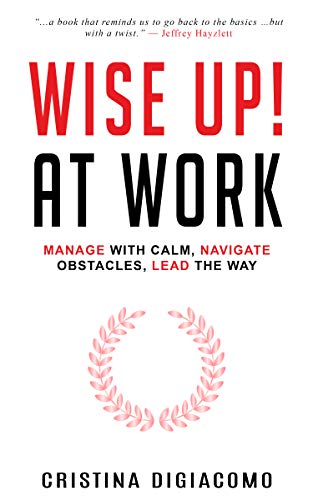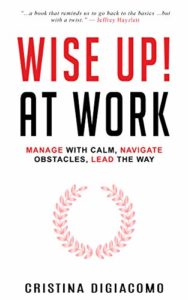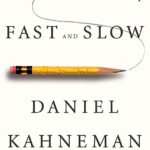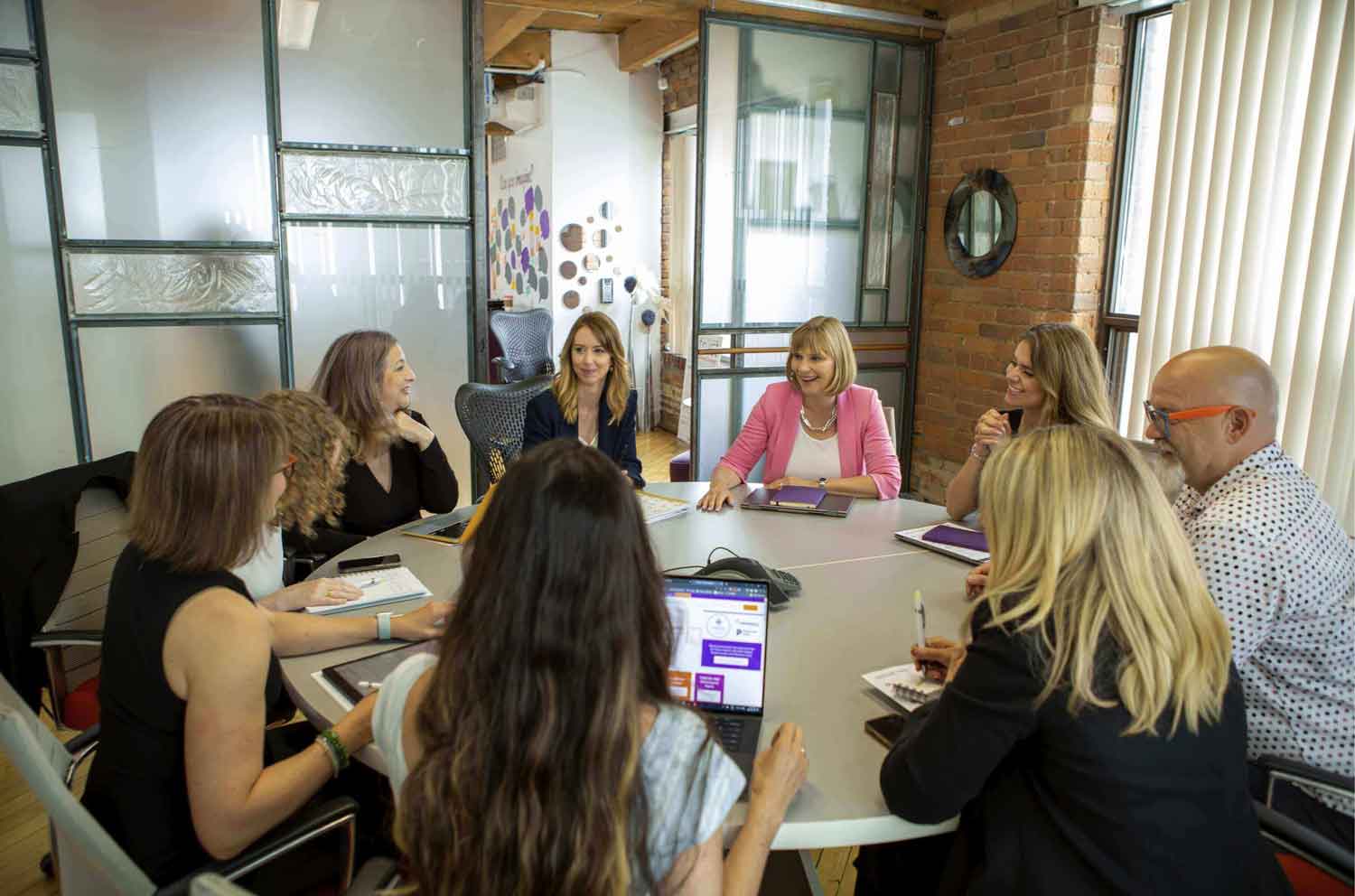Reviewed by: Shelby Brown
The Premise:
In Cristina DiGiacomo’s book Wise Up! At Work, she commences with the notion that people need to work smarter and not harder. When I started reading the first few pages of the book, I knew I had landed on a book that was certainly timely and full of great advice on how to be “wise” at work – especially during a global pandemic. DiGiacomo says, “I’ve always said, I want to work smart, not harder. It doesn’t mean you don’t work hard. Hard work never killed anyone, but if we’re busy tripping over ourselves, or others, to accomplish things, what’s the point?” This statement she makes early on resonated, as it is often our mindset that is holding us back. We convince ourselves of what hard work should look like – but does that mean it is smart? She moves along to talk about the biggest challenge is coming from within ourselves. She shares a staggering fact that people spend an average of 10 hours per week or 2 hours a day thinking about things like: “what am I doing”, “why am I frustrated”, and “I’m so overwhelmed”. That’s an average of 40 hours per month in which someone’s mind is badgering them. Imagine all of those hours being used to move your day along, your work along – more efficiently and quickly. While she acknowledges that changing mindset is difficult and doesn’t happen overnight, she shares some tips to help you move past the “badgering mindset” and shift your focus.
In the next part of the book Cristina DiGiacomo shares short stories and examples of leaders who were faced with an existential crisis, but acted “wisely” during a tumultuous time. The existential crisis she uses as an example right out of the gate is the Coronavirus pandemic. She shares the example of Danny Meyer, CEO of Union Hospitality Group, who “stopped taking his CEO salary so that his workers could get paid during the Coronavirus pandemic.” Sacrificing a portion of salary allowed more staff to stay employed, which in the long run, is of course the best solution for the employees and the company – a wise move. Through these different examples she talks about her definitions for Philosophy and Wisdom: “Philosophy is a protocol for engaging with the world. Wisdom is an active expression and outcome of philosophy,” and how wise leaders understand the use of philosophy and wisdom.
DiGiacomo has packed in numerous real life examples of leaders acting “wisely” at work and peppers those stories and examples throughout the book. DiGiacomo talks about the many different ways we can be wise and work, and shares how we can do so. Importantly, the stories of leaders who have acted wisely makes a strong case as to why her suggested “wise” behaviours at work are a net benefit to all. She closes the book with this great quote: “[t]o lead with wisdom is to create an organization infused with wisdom which puts that wisdom out in the world through its work, and it shows its employees, customers, and eventually society the way if wisdom. This is the work we want to do and the world we want to live in.”
The Bottom-line:
Cristina DiGiacomo has packed the incredible stories of many different leaders into one package. What she brings together through all of them, through all of their stories is the way they lead with wisdom – and work smarter. Working harder is not necessarily the answer, but working smarter is.
Recommendation:
This book was quite timely if you’re looking for a quick read to help you focus on what’s most important at work; compact, concise and full of practical take-aways!





